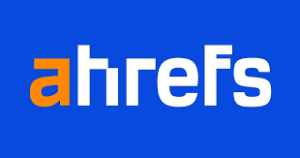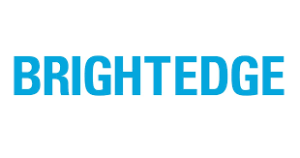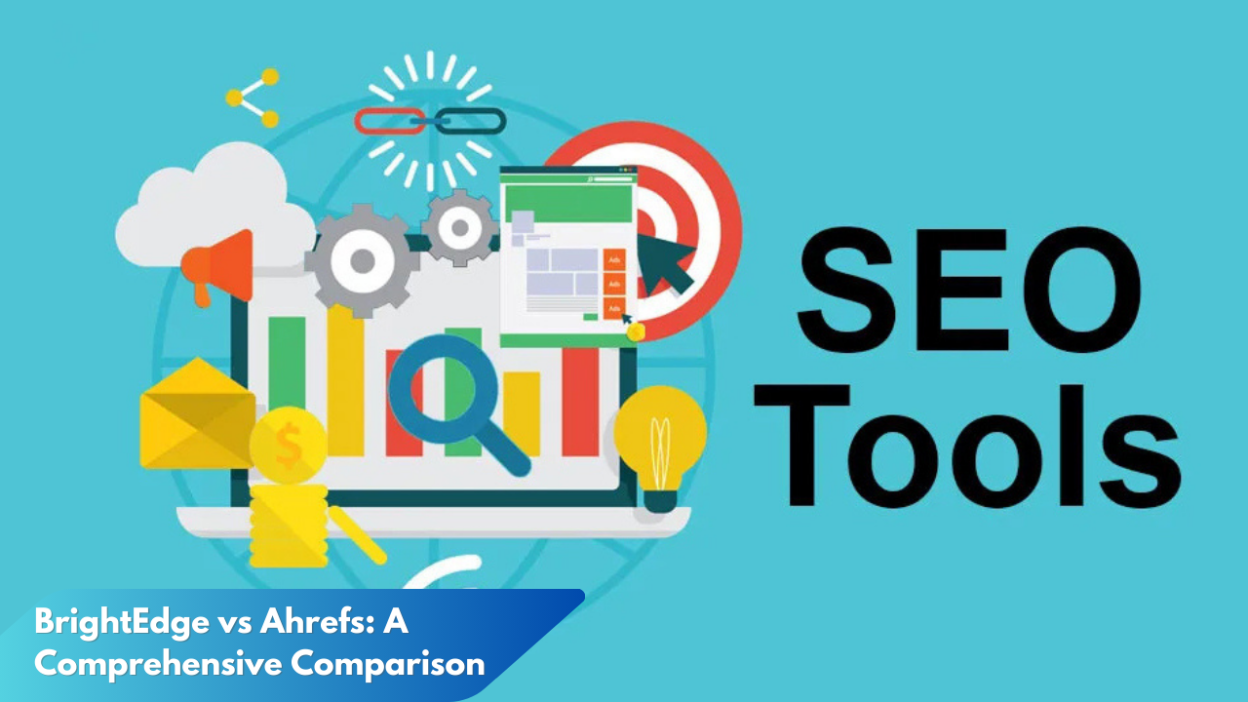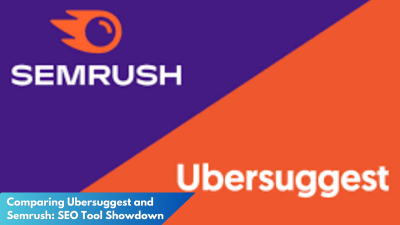In the dynamic world of digital marketing, choosing the right SEO tool can be the difference between online success and obscurity. BrightEdge and Ahrefs are two of the leading platforms in this arena, each offering unique features that cater to different needs. This article presents a thorough comparison of these two titans, evaluating their features, capabilities, and overall effectiveness to help businesses and marketers make informed decisions.
BrightEdge and Ahrefs: A Side-by-Side Evaluation

BrightEdge and Ahrefs are both powerful SEO tools, but they serve slightly different purposes and cater to varied audiences. BrightEdge is known for its enterprise-level solutions, providing a comprehensive suite of features designed to support large organizations and agencies. It emphasizes data-driven strategies and offers insights that help companies optimize their content for better rankings, increased traffic, and higher revenue. The platform integrates seamlessly with other enterprise tools, making it a popular choice for businesses with complex SEO needs.
In contrast, Ahrefs has built its reputation on simplicity, speed, and robust backlink analysis. It’s a favorite among small to medium businesses and individual marketers who need a reliable tool for tracking backlinks, keyword research, and competitive analysis. Ahrefs prides itself on its vast database of indexed pages and backlinks, providing users with a detailed view of their digital footprint. This allows marketers to uncover opportunities and threats in their SEO strategy quickly.
While both tools excel in their fields, their pricing models reflect their target audiences. BrightEdge tends to be more expensive, aligning with its enterprise focus and comprehensive offerings. Ahrefs, on the other hand, offers more flexible pricing plans, making it accessible to a broader range of users. This difference in pricing can significantly influence which platform is more appropriate, depending on the size and budget of the organization considering them.
Comparing SEO Tools: Features and Capabilities
BrightEdge’s feature set is tailored for extensive data analysis and SEO strategy execution. It offers deep insights into search performance, with tools for content optimization, keyword tracking, and competitive benchmarking. BrightEdge Data Cube is a standout feature, which aggregates and analyzes vast amounts of data to provide actionable insights. This allows users to better understand market trends, consumer behavior, and the competitive landscape, driving targeted strategies to enhance search performance.
Ahrefs, meanwhile, shines in its ability to deliver comprehensive backlink analyses and keyword research. Its Site Explorer tool is particularly powerful, giving users an in-depth look at any website’s backlink profile and organic search traffic. Additionally, Ahrefs’ Keyword Explorer offers an extensive database of keywords, complete with metrics such as search volume, keyword difficulty, and click-through rates. These capabilities make it an indispensable tool for those looking to improve their site’s visibility and rankings.
Both platforms offer ongoing updates and improvements, ensuring users benefit from cutting-edge SEO strategies. However, BrightEdge’s emphasis on enterprise-level integration and content performance metrics may appeal more to larger organizations needing to coordinate across departments and disciplines. Ahrefs, with its focus on user-friendly, straightforward features, continues to be a top choice for freelancers and smaller businesses seeking efficiency and depth in their SEO efforts.
When deciding between BrightEdge and Ahrefs, it’s essential to consider your organization’s specific needs and goals. BrightEdge offers a comprehensive solution ideal for enterprises seeking an integrated approach to SEO, with extensive data analysis and content optimization capabilities. Meanwhile, Ahrefs provides a straightforward, powerful toolset for businesses focused on backlink analysis and keyword research, with flexible pricing that suits a range of budgets. Ultimately, the choice will depend on whether you prioritize depth of data and integration or speed and simplicity in your SEO endeavors.



